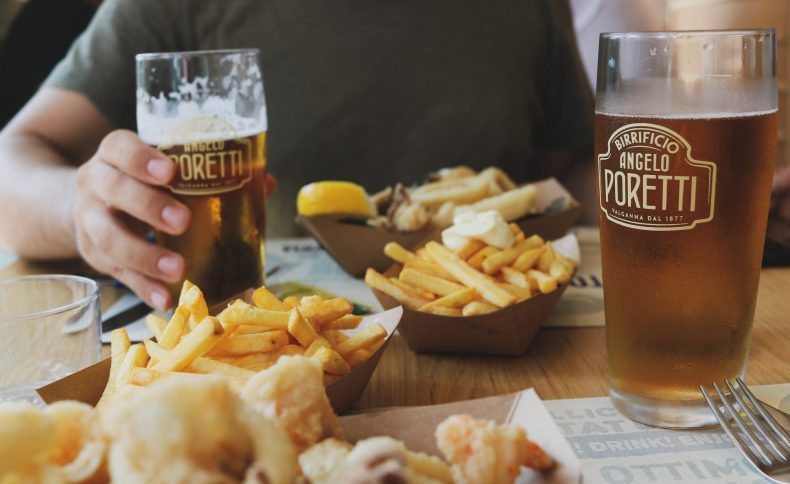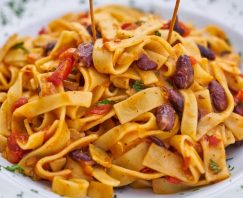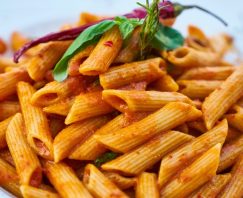Food in Ancient Rome
October 2, 2020 - 0 COMMENTS

Ever heard of the idiom that goes, “you are what you eat?” This is unmistakably true when referring to the food in Ancient Rome. The plebeians, considered as the lowest class in the society at their time, simply fed on cereals. As for the patricians who were the most noble of all as they were the only ones permitted to take on government positions, they feasted on exotic dishes from the faraway lands. They had three courses of delicious meals in such a plushy ambiance as only the very rich can afford.
The majority of the Romans in Ancient Rome, centered their food on oil, wine and grain but the affluent, had great variety of food. The grain originally arrived in the form of husked wheat which were made into porridge. Later, frumentum came about and was the main ingredient in making pastries. At some instances, honey and cheese were added for sweetness and deeper flavor.
At this modern juncture, some delicacies are produced uniquely in certain towns. The food in Ancient Rome also had its own share of uniqueness wherein snails or colloquially termed as dormice, were specially bred. This delicacy of snails is very much welcome among the locals and even tourists ask for this exotic food.There were also a huge array of cakes and tarts that were commercially prepared but the most delectable were those that were home made. Beets, lettuce, cabbage, onion, asparagus, marrows, garlic,, lentils, radishes and beans were imported. Also available were fruits and nuts and strongly flavored sauces, herbs and spices to enhance their cuisine.
It is said that the only authentic source of account of the food in Ancient Rome can be found in the book authored by Apicus. There may have been plenty that you were able to encounter as you have been reading their history every now and then. As to their beverages, they loved drinking wine to water down what they have consumed. Some drinks they had, were regarded as barbaric because of the very strong concentration. Pasca is another thirst-quencher that was a hit among the servants. It was generated out of acetum, a type of vinegar that is of poor quality. In the provinces of the northern region, beer and mead were common. Milk, typically from sheep or goats was taboo for them and was reserved for medication when sick people need nourishment.








